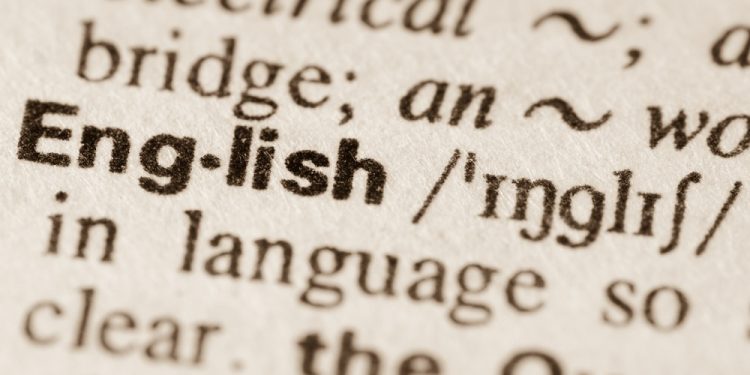
English Language Day
English Language Day is a holiday that was created by the United Nations Department of Public Information to celebrate cultural diversity and multilingualism and to promote the equal use of all the official languages used by the UN.
It’s a day that’s observed on the 23rd of April annually and explores the culture, history, and natural progression of the English language. Since English is the most spoken language in the world, it’s a holiday that many people are going to celebrate.
The History of English Language Day
This holiday was created in 2010, along with other language holidays, by the United Nations Department of Public Information. The languages that were created include:
- Arabic Language Day – Observed on December 18th
- Chinese Language Day – Observed on April 20th
- English Language Day – Observed on April 23rd
- German Language Day – Observed on the second Saturday in September
- French Language Day – Observed on March 20th
- Russian Language Day – Observed on June 6th
- Spanish Language Day – Observed on April 23rd
April 23rd was selected for this holiday because it’s the day that William Shakespeare died in 1616 and the day on which his life is celebrated.
The History of the English Language
The English language originated as a West Germanic language of the Indo-European language family. It’s a language that’s closely related to Dutch, German, and Frisian. Its parent tongue—Proto-Indo-European—was spoken about 5,000 to 5,500 years ago by nomads who traveled the southeast plains of Europe.
Their language would eventually descend into three different regional language groups. The first group was an Eastern dialect spoken by the Vandal, Gothic, and Burgundian peoples. This language is now extinct. The next language was the Northern language group, which included Danish, Icelandic, Faroese, Swedish, and Norwegian.
The third group is the Western European dialect that became Dutch, German, Frisian, and English. Of course, most of the three regional dialects noted above have changed significantly over the years—with the notable exception being Icelandic.
Icelandic has changed so little over the past few thousand years that it’s the language that’s considered to be the only living language that still resembles Old English in its grammatical structure. Modern English, on the other hand, has changed greatly over the years and has been influenced by other languages.
Over the years, some of the changes that have happened to the English language include the borrowing of words from other languages, the loss of inflections, and the creation of many compound words. Since English is a flexible language, new words from other languages are often adopted into it.
Some Quick Facts About the English Language
To arm people with the knowledge they need to celebrate English Language Day, we decided to list some quick facts about this language.
- Shakespeare added over 1,000 words to the English language.
- A pangram sentence contains every letter of the language.
- Pneumonoultramicroscopicsilicovolcanoconiosis is the longest word in the English language.
- Almost 4,000 new words are added to the dictionary every year.
Observing English Language Day
Observing this holiday can be as easy as learning a little bit more about English—regardless of whether it’s your native tongue or not. English is a language that has borrowed heavily from other languages, which makes it a very interesting language indeed.
While celebrating this holiday, be sure to share it with friends and family by using the hashtag #EnglishLanguageDay on your social media accounts.








